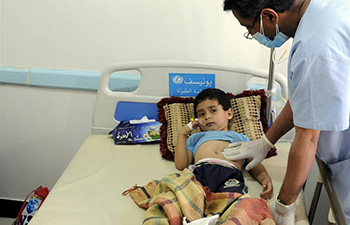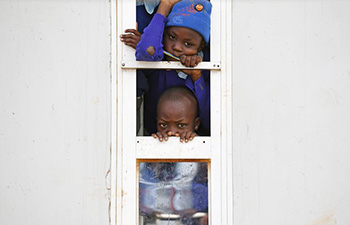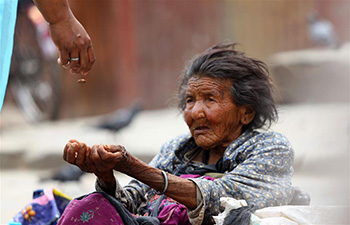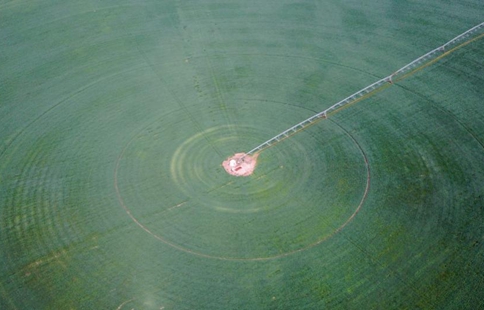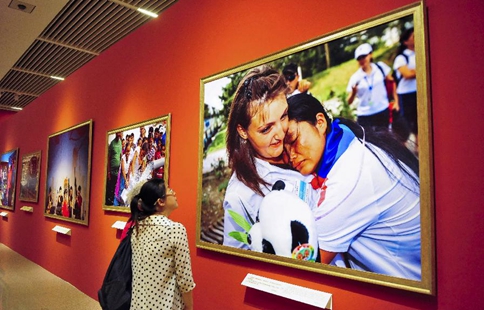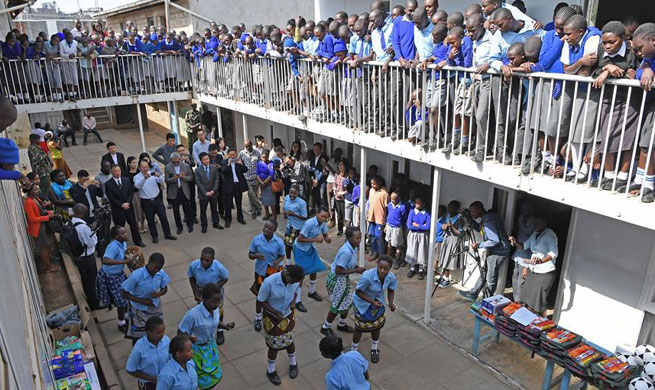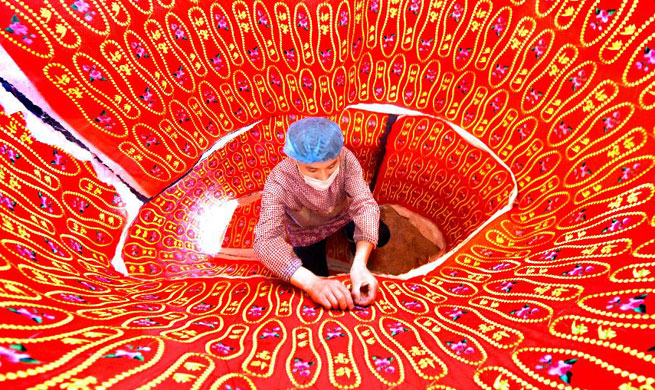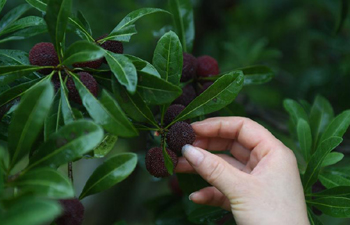by Sophie Heizer
MELBOURNE, June 16 (Xinhua) -- An Australian-led research project has developed an anti-venom for taipan snakebites that could save 1, 000 lives a year, especially in developing countries such as Papua New Guinea (PNG).
Melbourne University academic Dr David Williams, head of The Global Snakebite Initiative and leader of the Australian Venom Research Unit's (AVRU) snakebite project in PNG, said the breakthrough was a "massive step in the right direction."
In an interview with Xinhua on Thursday, Williams said the AVRU's project, which was conducted with PNG, Costa Rican, Spanish and British partners, had tested the new taipan anti-venom last year and it proved to be both safe and effective.
This taipan is considered to be one of the most dangerous snakes in the world, its highly toxic venom the most potent of any land snake. It has the potential to kill an adult human within 45 minutes.
Williams said 10 years ago the mortality rate in PNG for children bitten by snakes was about 29 percent and 14 percent for adults. Those numbers have been reduced to 1.5 percent as a result of the AVRU project.
He said the AVRU began its work a decade ago to address the high cost of anti-venom in PNG, which was about 2,000 U.S. dollars per treatment.
"We finished a clinical trial last year for an anti-venom that can supply all they need for about one tenth of the cost," he said.
Williams spoke out about the issue after the World Health Organization (WHO) last week added snakebites to the highest priority list of Neglected Tropical Diseases, saying this move would significantly improve treatment and reduce the global death and injury toll.
Williams said the number of deaths worldwide from snakebite each year stood at about 125,000, but Australia only accounted for one or two of those deaths.
The number was low in Australia, despite the country's reputation for being home to many of the world's most venomous snakes because of the environment and available resources, he said.
"We have this terrible reputation, but in reality we have access to healthcare, we have good infrastructure, and farmers working in fields know to wear thick boots and the right clothing."
He said people living in developing countries such as PNG, among lower socio-economic groups, were generally at much higher risk of a fatal snakebite.
"WHO's landmark decision recognises the devastating impact of snakebite in some of the world's poorest communities, and sends a strong message about the urgent need for the global community to develop effective controls that would save tens of thousands of lives each year.
"Venomous snakes bite 5 million people worldwide every year, claiming the lives of at least 125,000 and leaving more than 400,000 permanently disabled. But a global push for change is gaining momentum, and our Australian-based Global Snakebite Initiative has taken the lead."
Williams said his team was in the process of gathering data so the government can start licensing people within PNG to start making the anti-venom, which will create jobs for young PNG scientists who will not have to leave the country to get work.




